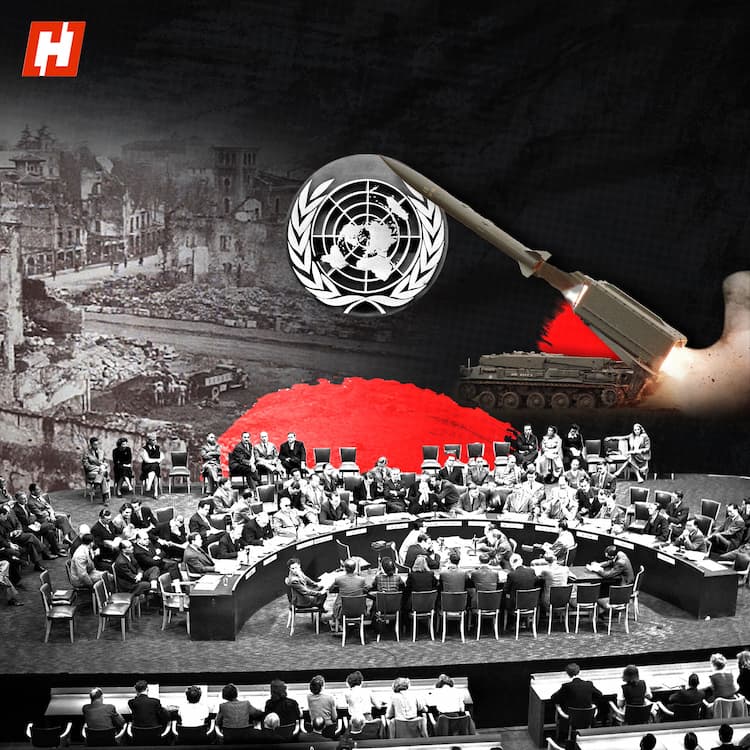Capping a frantic night of politics in Europe, Romania along with Poland and Portugal are in the midst of their elections that could determine the fate of the European Union.
Romania: Pro-EU centrist Nicusor Dan wins
Despite growing partisan support for far-right ideologies across Europe, Romania offers a glimmer of hope. In a plot twist that would rival that of Fight Club or The Sixth Sense - Romania's pro-EU centrist, Nicusor Dan, won the country's presidential election on Sunday beating out populist right-wing nationalist and vocal Trump supporter - George Simion.
For the uninitiated - the result is surprising because in the first round, Simion, founder of the right-wing Alliance for the Unity of Romanians (AUR) took 40.96% of the vote - 20 points ahead of Dan.
Poland & Portugal await their fates
In Poland, exit polls for the country’s presidential election indicated that Warsaw's liberal Mayor Rafal Trzaskowski received 30.8%, while historian Karol Nawrocki, an ally of US President Donald Trump and the right-wing populist Law and Justice (PiS) party candidate won 29.1% of the vote.
Exit polls in Portugal showed the centre-right Democratic Alliance (AD) won between 29.1% and 35.1% of the vote, but the rise of the far-right Chega party cannot and must not be ignored.
Far-right parties make inroads into EU member states’ governments
Elsewhere, seven EU Member States - Croatia, the Czech Republic, Finland, Hungary, Italy, the Netherlands and Slovakia - now have far-right parties within the government.
In France and Germany too, the far-right have come perilously close.
French far-right National Rally (RN) party’s figurehead Marine Le Pen, the frontrunner for the 2027’s presidential election was banned from running for political office for five years, staving off the far right’s march for now.
Recently, the Alternative for Germany (AfD) party was designated a “right-wing extremist” group leading to Merz’s newly elected government to consider banning the AfD party. The AfD has surged in popularity in recent years and was placed second in February’s general election.
Social Democrat and new German Finance Minister Lars Klingbeil had earlier said that “the AfD is an attack on Germany’s democracy” and Germans “must take that very seriously”.
The far-right have made inroads into Croatia too. Members of Croatia’s Homeland Movement have been at the center of numerous far-right controversies in the country including the use of Nazi-era chants. Now they are poised to form a new government along with the ruling center-right Croatian Democratic Union (HDZ).
In January of this year, Slovenian President Nataša Pirc Musar expressed concern that her country is “surrounded by right-wing governments”, referring to Austria, Italy, Hungary and Croatia.
She even expressed concern over Slovenia’s own populist opposition, comparing the Democratic Party (SDS) to Austria’s Freedom Party (FPÖ), Germany’s AfD and the US Republican Party under Trump.
European liberals’ need for a strategy
As the far-right gains support among voters on polarising issues such as immigration, gay rights, abortion and more, European liberals are searching for a strategy.
Many believe refraining far-right parties from entering ruling coalitions would prevent its leaders from gaining political power and influence over policy-making. Easier said than done, but a look at Viktor Orbán’s Hungary teaches the Europeans the alternative is much worse.
Since coming to power, Orbán’s government has steadily eroded civil liberties like those of the LGBTQ+ community and is currently considering legislation that would give authorities broad powers to monitor, penalise and potentially ban organisations it describes as a “threat to national sovereignty". Opposition politicians warned it would allow Orbán’s government to potentially shut down all independent media and NGOs engaged in public affairs.
Romanians might not have expected to be the face of the fight against the far-right, but their elections are a glimmer of hope for the liberals.
Because, the far-right may appear to be down, but it is definitely not out for the count.





